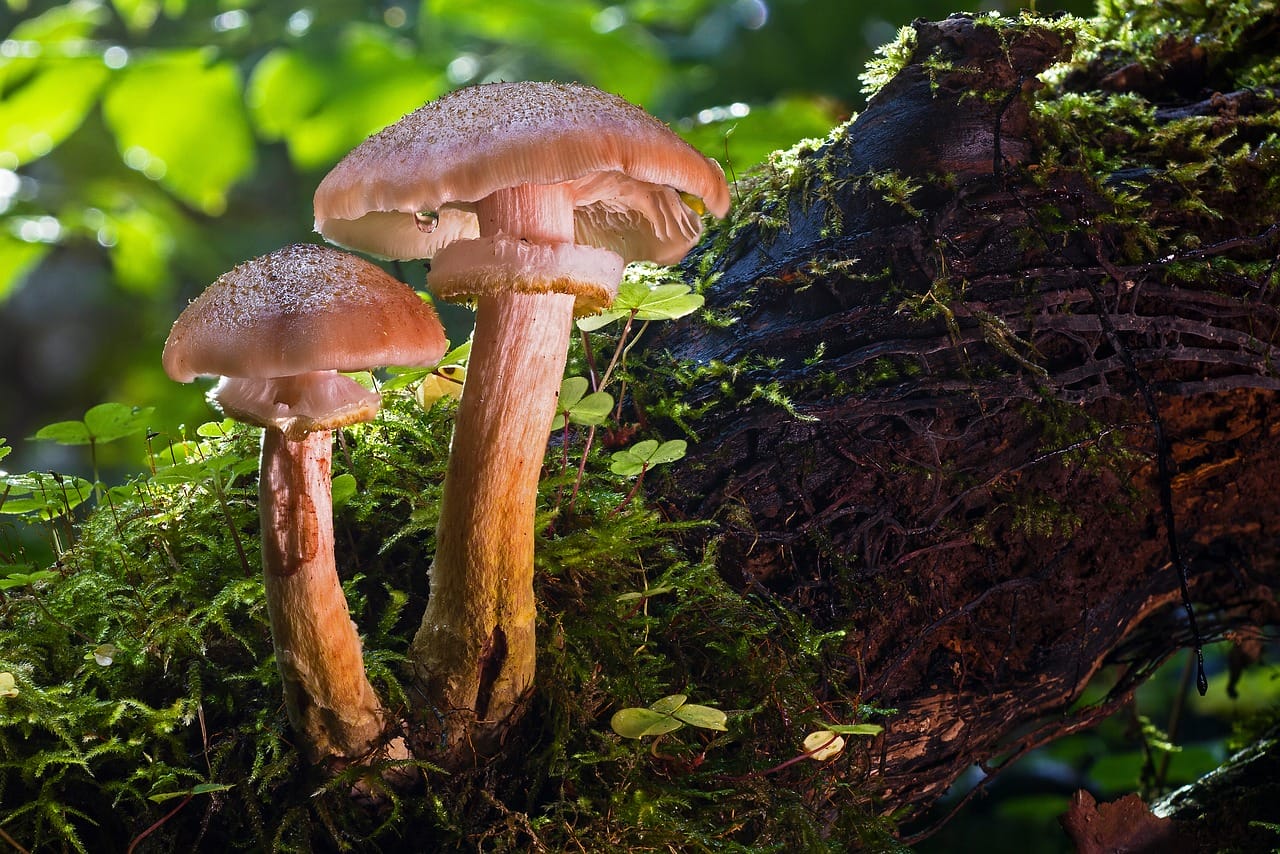In the beginning, the perception of many Canadians was that magic mushrooms were primarily a psychedelic substance for recreational use. However, this view changed when scientists started studying the active ingredient, psilocybin, and found its powerful effectiveness in treating various mental health conditions.
As more information comes to light, our comprehension of psilocybin’s possible uses grows. The more knowledgeable people become, the easier it is for them to obtain these products via magic mushroom delivery services. A recent research study underscores its influence on human consciousness. Could this be the key to understanding its profound impact on the human brain? Let’s investigate further into the fascinating realm of magic mushroom products.
Essential Takeaways:
- Psychedelic magic mushrooms potentially played a role in the cognitive evolution of early humans, contributing to their survival.
- Mushrooms play a critical role in neurological health due to their potential to ease PTSD, depression, and anxiety.
- The impact of psilocybin on consciousness and brain function could have fostered creativity, introspection, and abstract thinking.

Historical Usage and Significance of Magic Mushrooms
Historical evidence indicates that our ancestors have been using psychedelic magic mushrooms since prehistoric times. Indigenous societies consumed them during sacred rituals and traditional ceremonies to honor their gods. They flourish worldwide, especially in subtropical and tropical areas like South and Central America, the Caribbean, Southeast Asia, and Africa.
Magic Mushrooms in Ancient Civilizations
Indigenous communities in Mexico have relied on these mushrooms for spiritual enlightenment, divine connection, and religious ceremonies for centuries. The Aztec Indians of South America termed it “God’s Flesh,” utilizing it in healing rituals.
Evidence from archaeology suggests these practices go back to:
- Approximately 10,000 years ago in Australia
- Roughly 7,000 years ago in North Africa
- Nearly 6,000 years ago in Spain.





